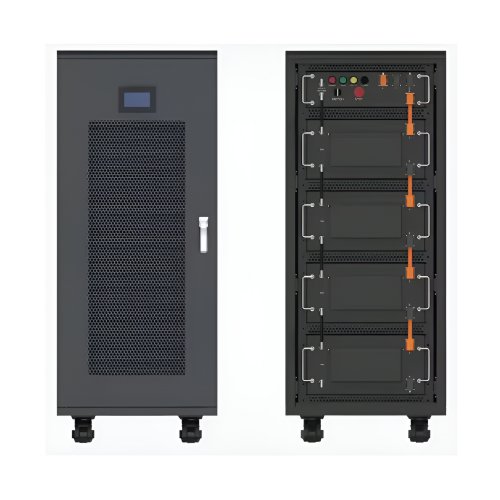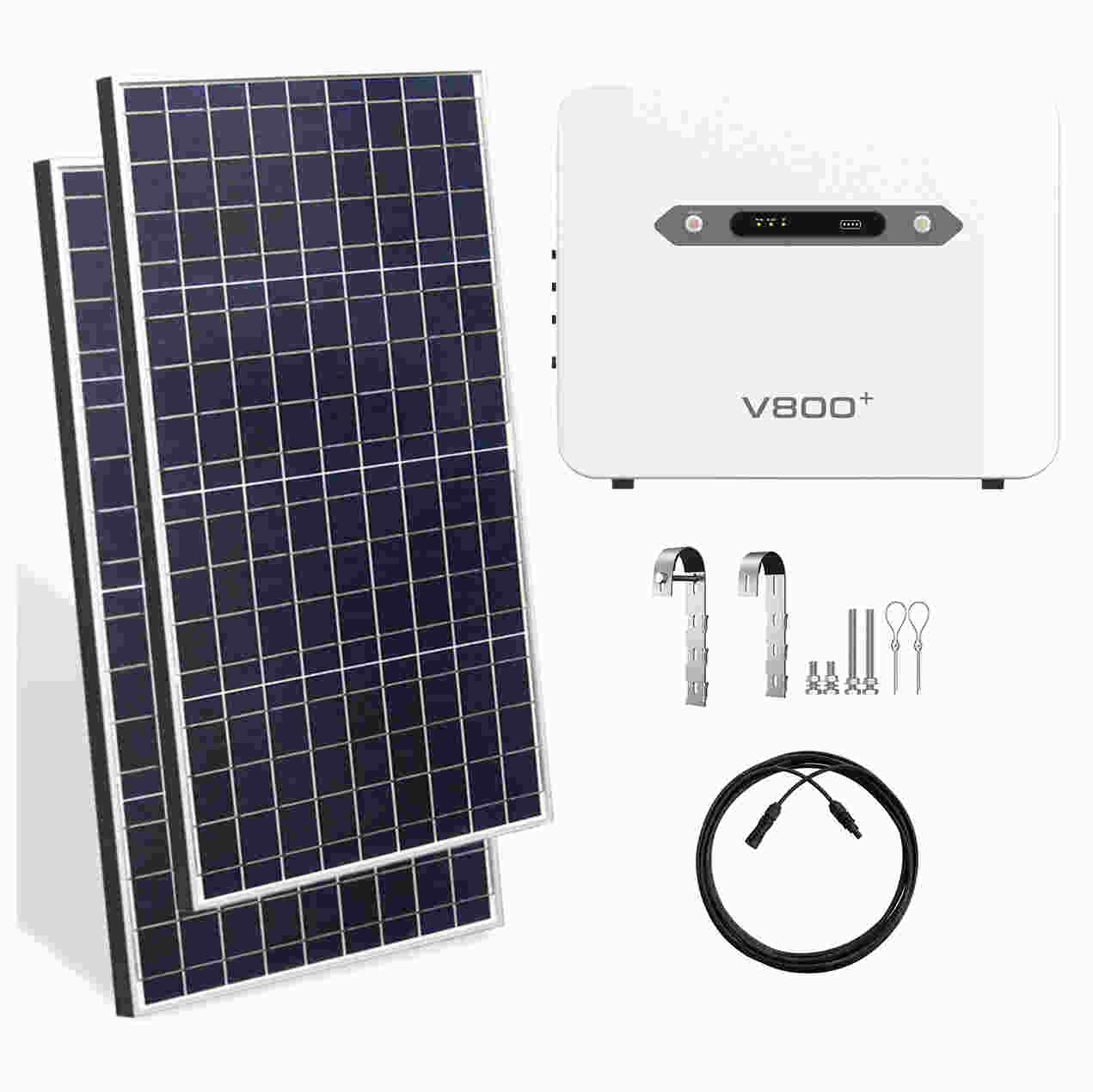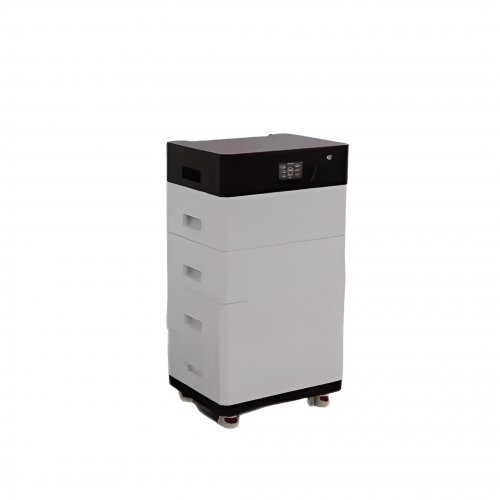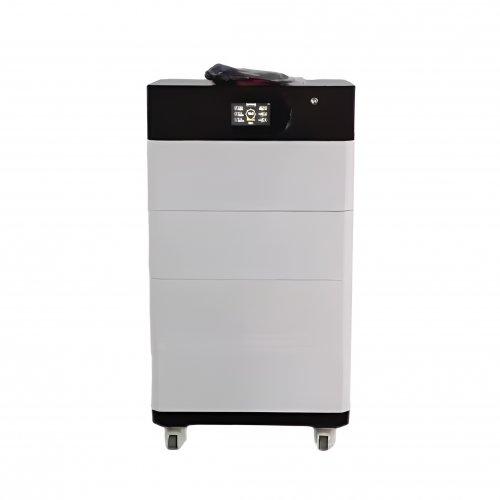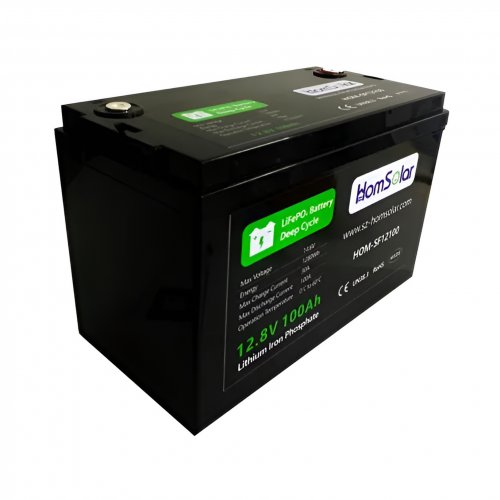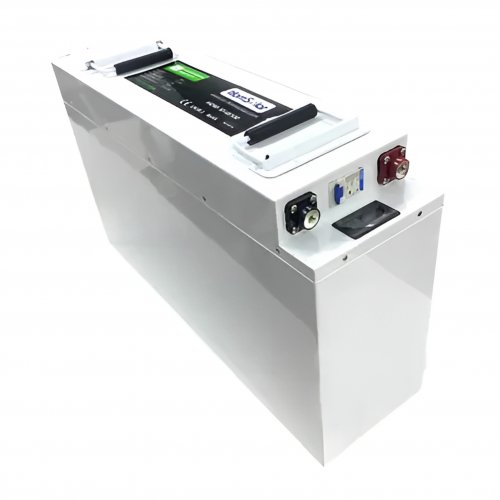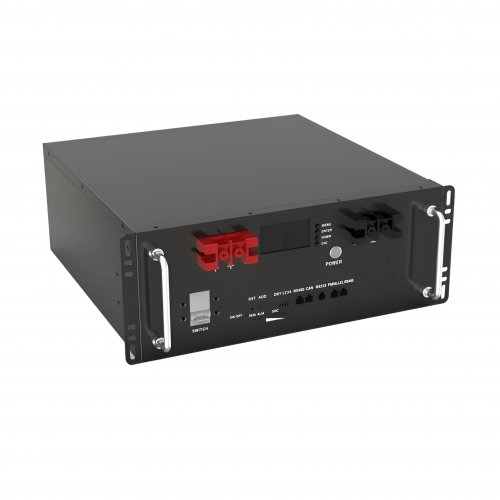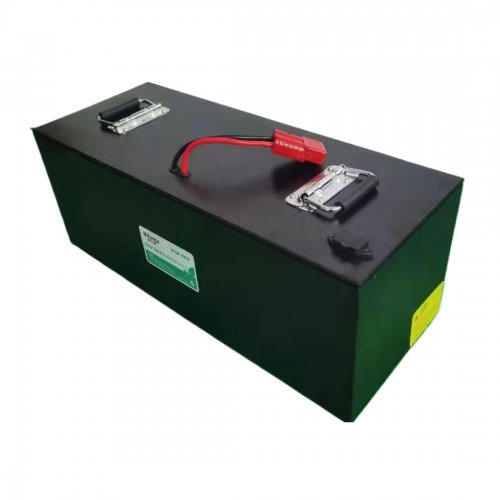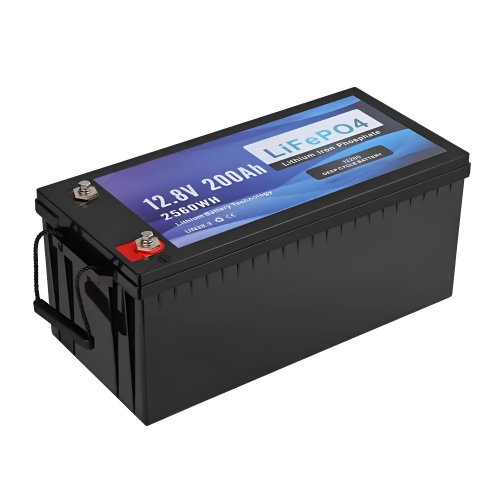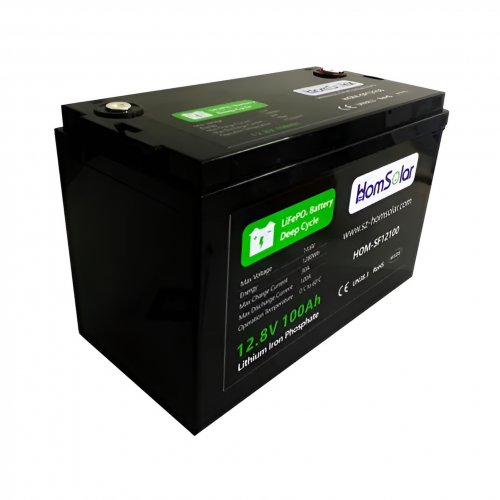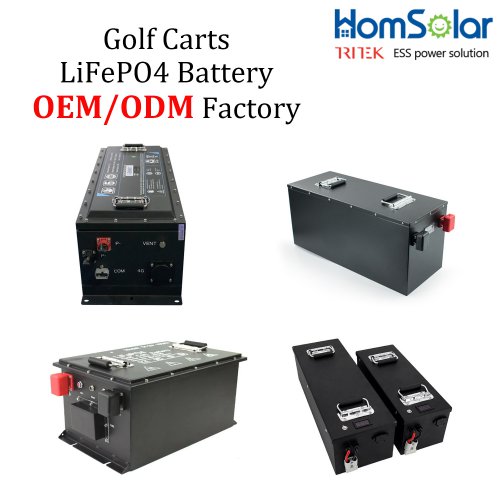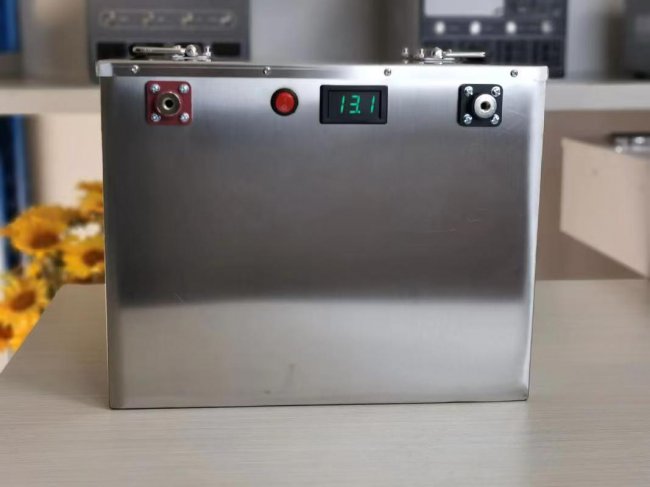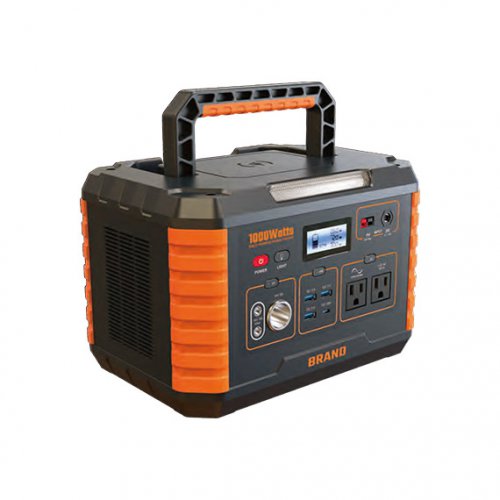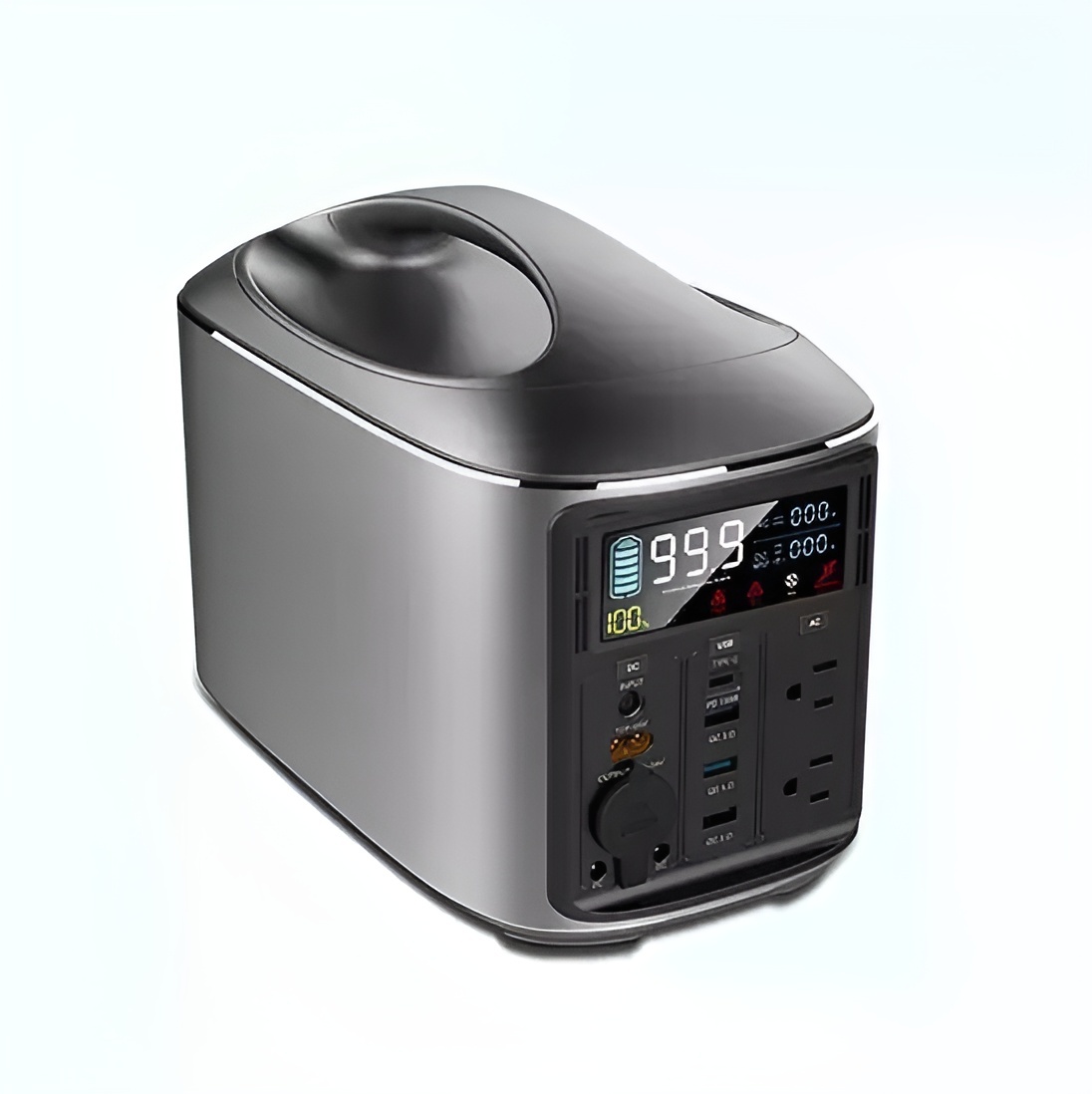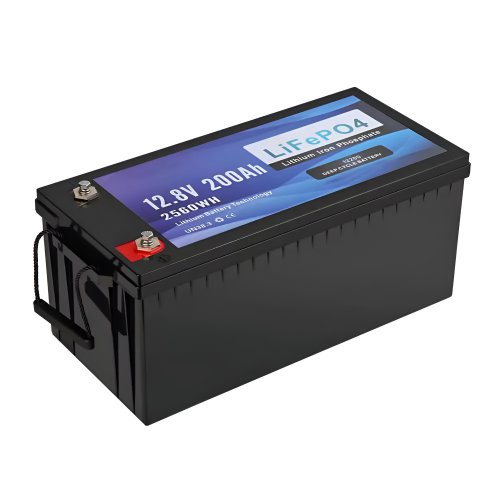Supply Chain News: Resilience And Digital Transformation Dominate Industry Trends
The global supply chain landscape continues to evolve rapidly, driven by geopolitical shifts, technological advancements, and changing consumer demands. Industry leaders are prioritizing resilience, sustainability, and digital transformation to navigate disruptions and capitalize on emerging opportunities.
Recent months have seen significant developments in supply chain management. The ongoing Red Sea crisis, compounded by Houthi attacks on commercial shipping, has forced companies to reroute vessels around Africa, leading to delays and increased freight costs. According to S&P Global, shipping times between Asia and Europe have extended by 10-14 days, with spot container rates surging by over 300% in some cases.Meanwhile, the U.S. and EU are intensifying efforts to reduce reliance on Chinese manufacturing through policies like the U.S. CHIPS Act and the European Chips Act. Nearshoring and friendshoring initiatives are gaining traction, with Mexico and Southeast Asia emerging as key beneficiaries.
In another notable shift, major retailers like Walmart and Amazon are investing heavily in automation and AI-driven logistics to enhance efficiency. Walmart recently announced a $1.5 billion investment in supply chain automation, while Amazon is expanding its drone delivery program to reduce last-mile bottlenecks.
1. AI and Predictive Analytics – Artificial intelligence is revolutionizing supply chain visibility and decision-making. Machine learning models now forecast demand fluctuations, optimize inventory, and predict disruptions with greater accuracy. Gartner estimates that by 2026, over 75% of large enterprises will use AI-powered supply chain risk management tools.
2. Sustainability and Circular Supply Chains – Regulatory pressures and consumer preferences are pushing companies toward greener logistics. The EU’s Corporate Sustainability Reporting Directive (CSRD) mandates stricter environmental disclosures, while firms like Unilever and IKEA are adopting circular economy principles—recycling materials and minimizing waste.
3. Reshoring and Regionalization – Geopolitical tensions and pandemic-era disruptions have accelerated the shift from globalized to regional supply chains. A recent McKinsey report highlights that 90% of executives are planning regionalization strategies, with a focus on reducing single-source dependencies.
4. Blockchain for Transparency – Blockchain technology is gaining adoption for enhancing traceability, particularly in food and pharmaceutical supply chains. Walmart’s use of blockchain to track leafy greens has reduced contamination investigation times from days to seconds.
Industry analysts emphasize that agility remains critical."The biggest lesson from recent disruptions is that supply chains must be dynamic, not just efficient,"says Dr. Sarah Johnson, a supply chain strategist at MIT."Companies that invest in real-time data analytics and diversified sourcing will outperform competitors."Meanwhile, David Lin, VP of Global Logistics at DHL, highlights the role of digital twins—virtual replicas of physical supply chains—in risk mitigation."Simulating disruptions before they happen allows firms to test contingency plans without real-world consequences,"he notes. Despite technological progress, challenges persist. Labor shortages, particularly in trucking and warehousing, continue to strain operations. Cybersecurity threats are also rising, with supply chains becoming prime targets for ransomware attacks. Additionally, the transition to electric and autonomous freight transport faces infrastructure and regulatory hurdles. The supply chain industry stands at a crossroads, balancing efficiency with resilience. Digital transformation, sustainability, and geopolitical realignment will define the next era of logistics. Companies that embrace innovation while maintaining flexibility will be best positioned to thrive in an increasingly complex global market.As the sector evolves, stakeholders must remain vigilant—adapting to both immediate disruptions and long-term structural shifts. The future of supply chains lies not just in moving goods, but in smarter, more sustainable, and interconnected systems.
Customized/OEM/ODM Service
HomSolar Supports Lifepo4 battery pack customization/OEM/ODM service, welcome to contact us and tell us your needs.


HomSolar: Your One-stop LiFePO4 Battery Pack & ESS Solution Manufacturer
Our line of LiFePO4 (LFP) batteries offer a solution to demanding applications that require a lighter weight, longer life, and higher capacity battery. Features include advanced battery management systems (BMS), Bluetooth® communication and active intelligent monitoring.

Customised Lithium Iron Phosphate Battery Casing
ABS plastic housing, aluminium housing, stainless steel housing and iron housing are available, and can also be designed and customised according to your needs.

HomSolar Smart BMS
Intelligent Battery Management System for HomSolar Energy Storage System. Bluetooth, temperature sensor, LCD display, CAN interface, UART interface also available.


Terminals & Plugs Can Be Customized
A wide range of terminals and plugs can be customised to suit the application needs of your battery products.

Well-designed Solutions for Energy Storage Systems
We will design the perfect energy storage system solution according to your needs, so that you can easily solve the specific industry applications of battery products.



About Our Battery Cells
Our energy storage system products use brand new grade A LiFePO4 cells with a battery lifespan of more than 4,000 charge/discharge cycles.



Applications in Different Industries
We supply customized & OEM battery pack, assemble cells with wiring, fuse and plastic cover, all the cell wires connected to PCB plug or built BMS.
Applications: E-bike, Electric Scooter, Golf Carts, RV, Electric Wheelchair, Electric Tools, Robot Cleaner, Robot Sweeper, Solar Energy Storage System, Emergency Light, Solar Power Light, Medical Equipment, UPS Backup Power Supply.
We can provide you with customized services. We have the ability to provide a vertical supply chain, from single cells to pack/module and to a complete power solution with BMS, etc.


HomSolar (Shenzhen) Technology Co., Ltd







